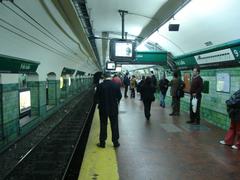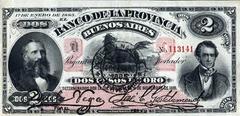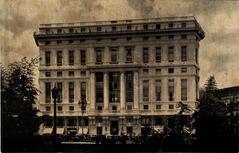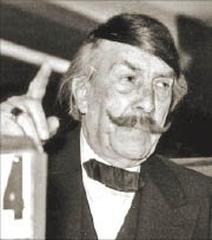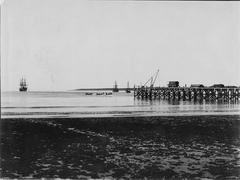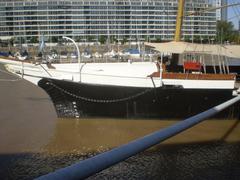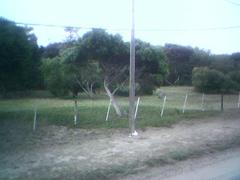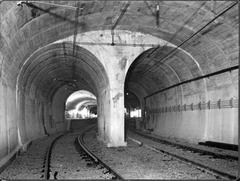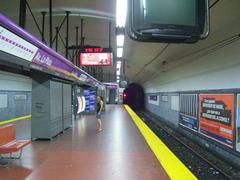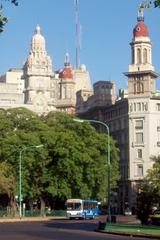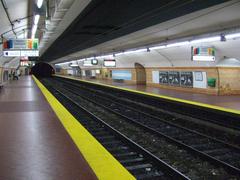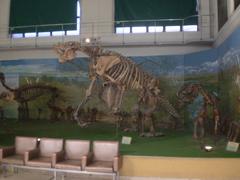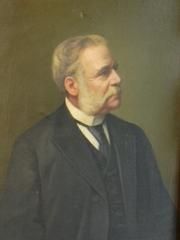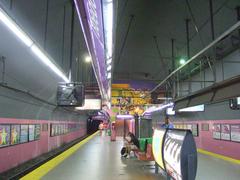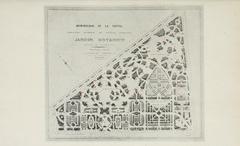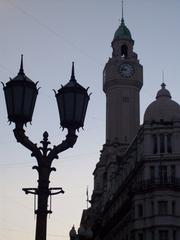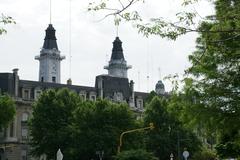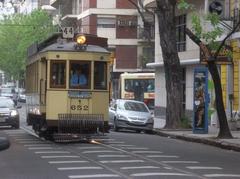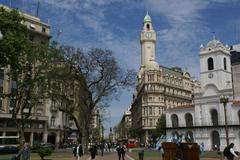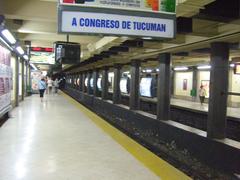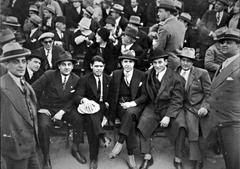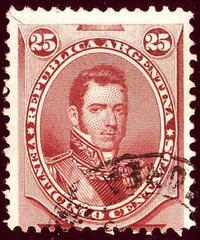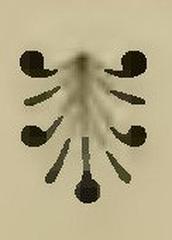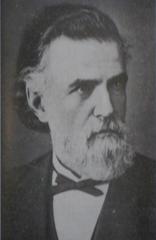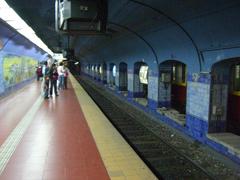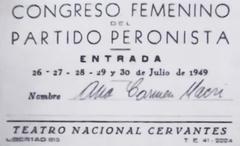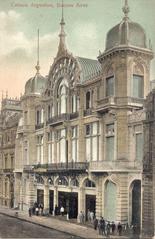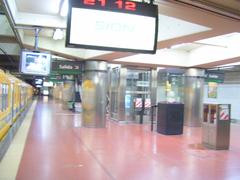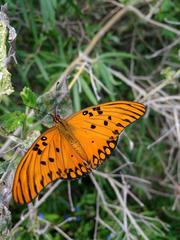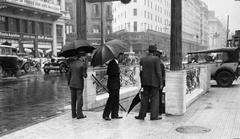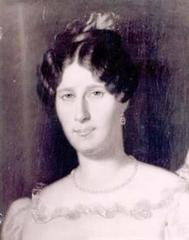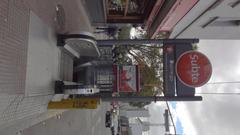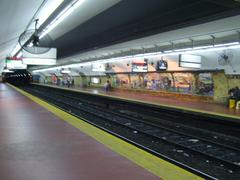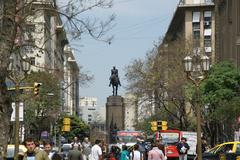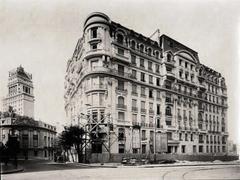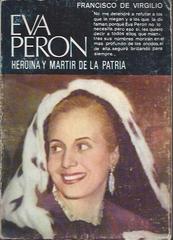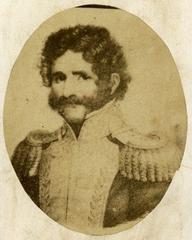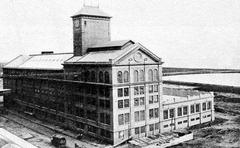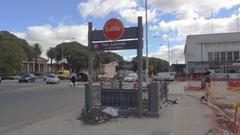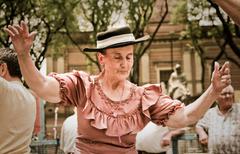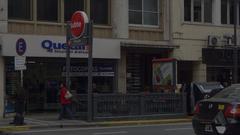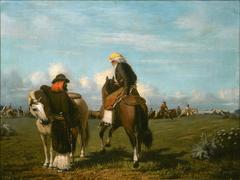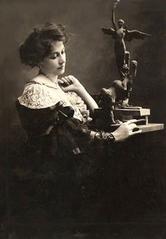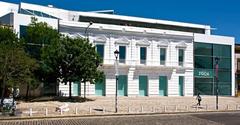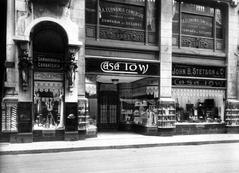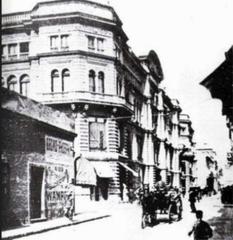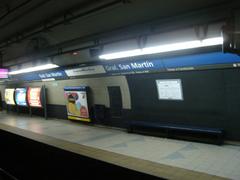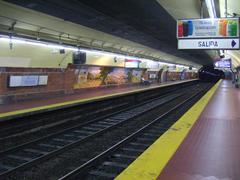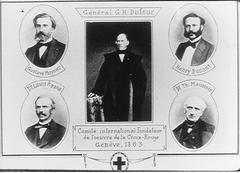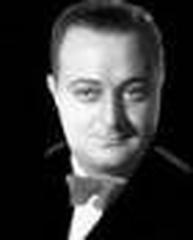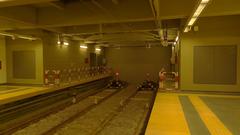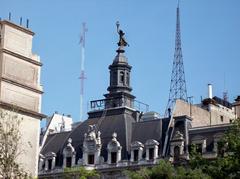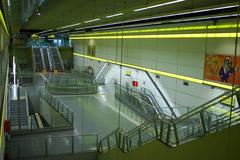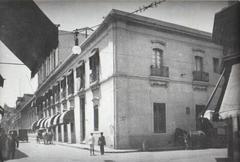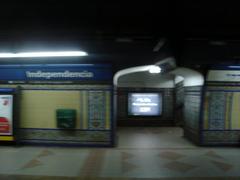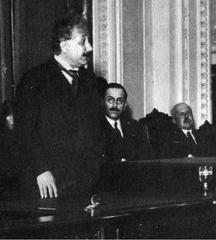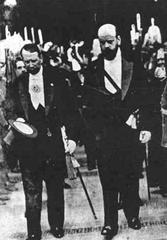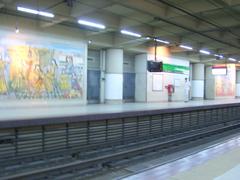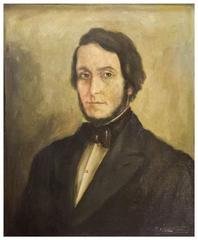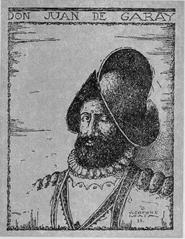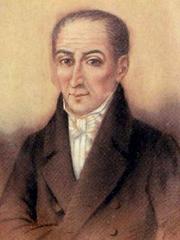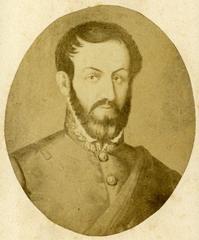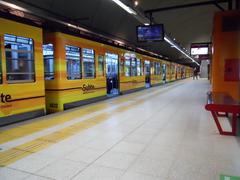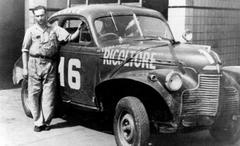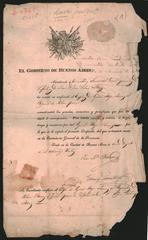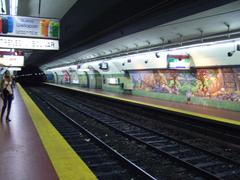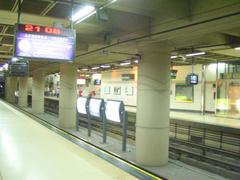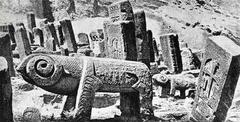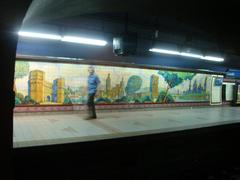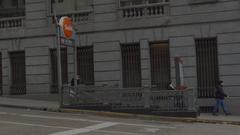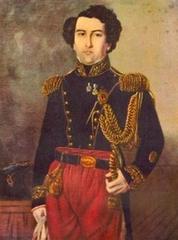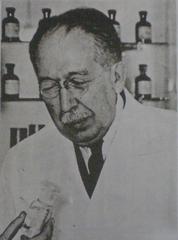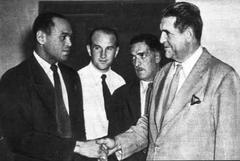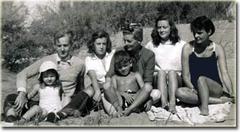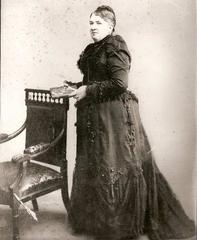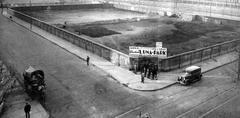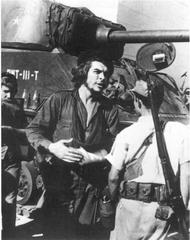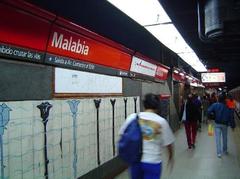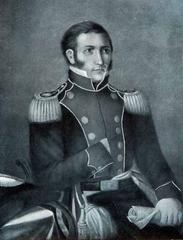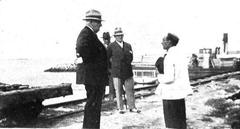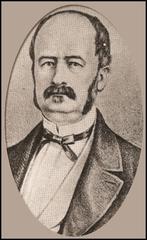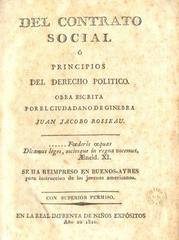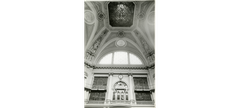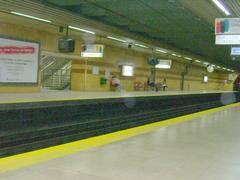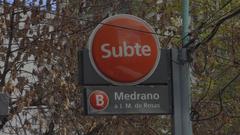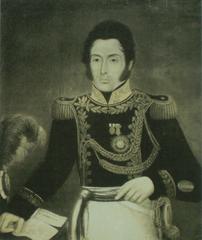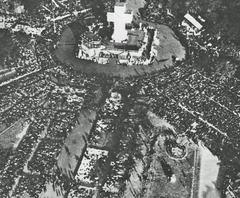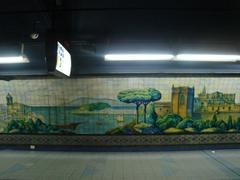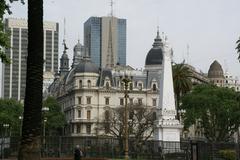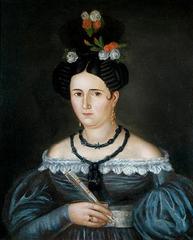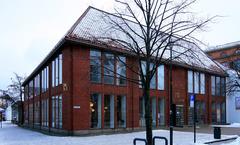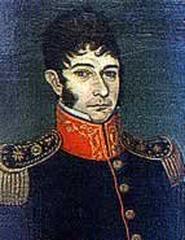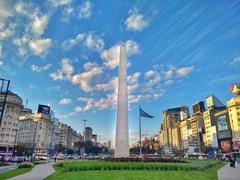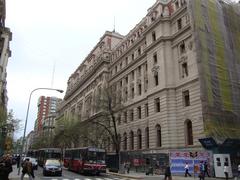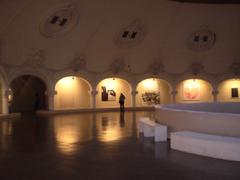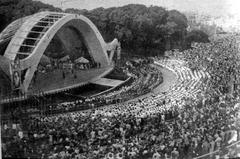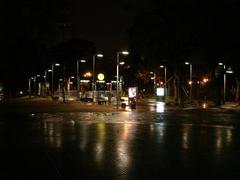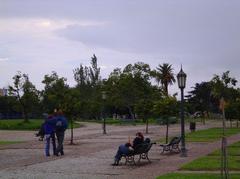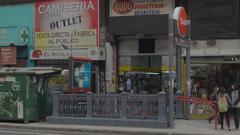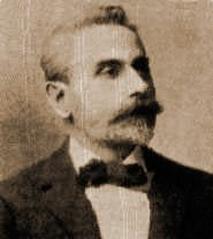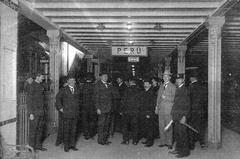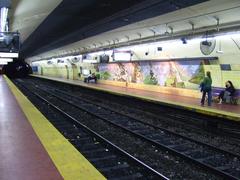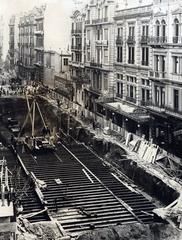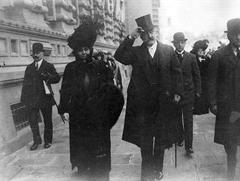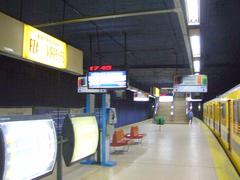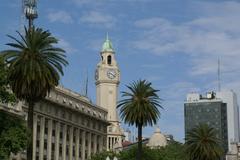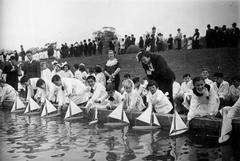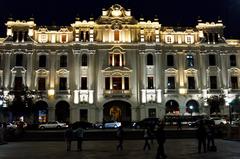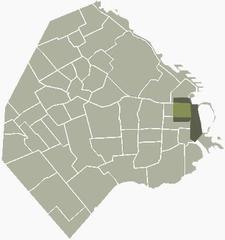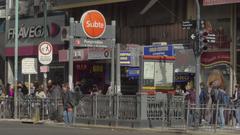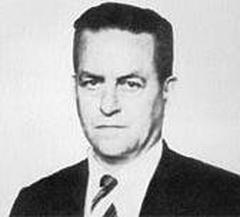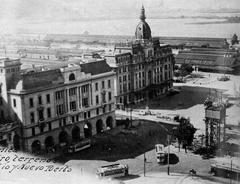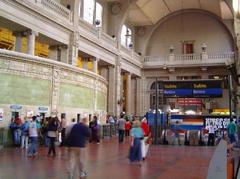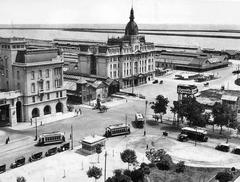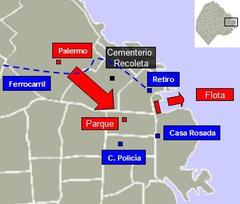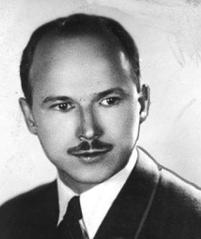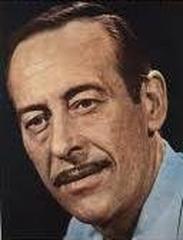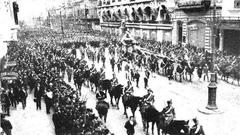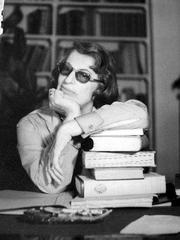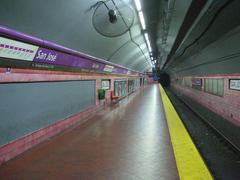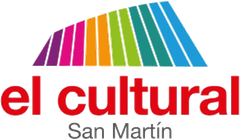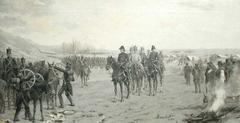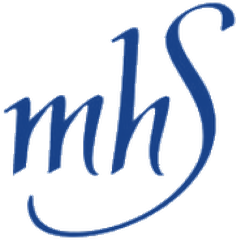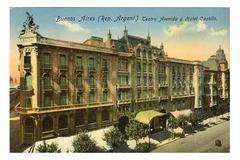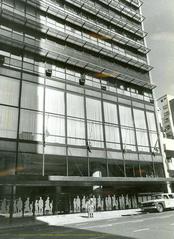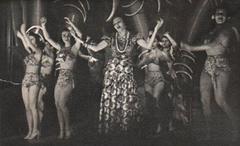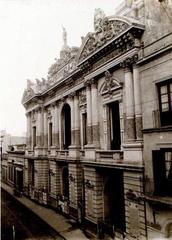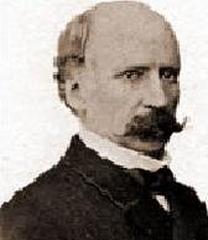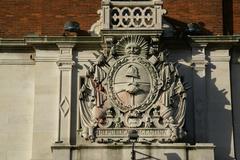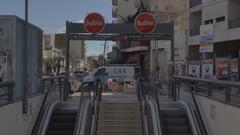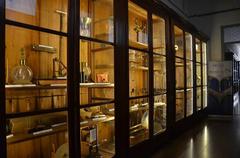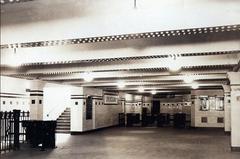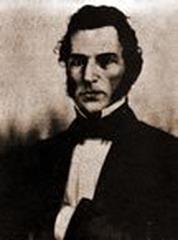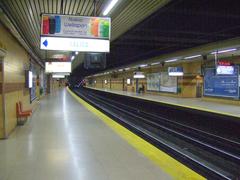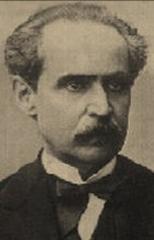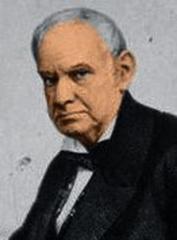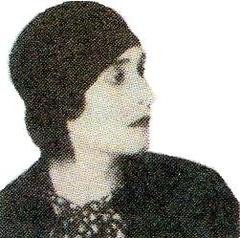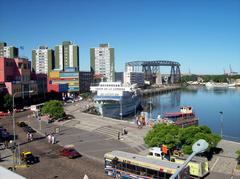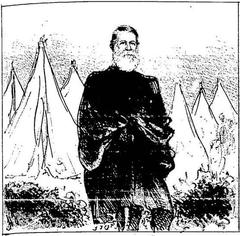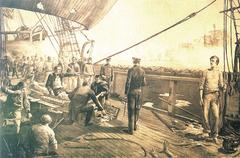Centro Vasco Francés Buenos Aires: Complete Visiting Guide, Hours, Tickets, and Cultural Experience
Date: 04/07/2025
Introduction
Nestled in the historic Monserrat neighborhood, the Centro Vasco Francés de Buenos Aires (Iparraldeko Euskal Etxea) is a living testament to the enduring legacy of Basque immigrants from the French Pyrenees. Since its founding in 1895, the center has evolved into a vibrant hub for Basque-French culture, offering visitors a rare blend of history, tradition, community, and authentic gastronomy. Whether you are a cultural enthusiast, a traveler exploring Buenos Aires’ historical sites, or simply eager to savor unique culinary delights, this guide provides all the essential details for a meaningful visit to one of Argentina’s most iconic cultural institutions.
Table of Contents
- Introduction
- History and Founding
- Cultural Evolution and Community Role
- Contemporary Activities and Community Life
- Visitor Information
- Events and Celebrations
- Frequently Asked Questions (FAQ)
- Practical Travel Tips
- Nearby Attractions
- Conclusion and Call to Action
- References
History and Founding
Origins and Early Years
The Centro Vasco Francés was born out of the desire of Basque immigrants from the French Pyrenees (Iparralde) to preserve their distinctive culture and identity. Excluded from the then-existing Laurak Bat center (which prioritized Basques from the Spanish side), 29 Iparralde natives established the Centro Vasco Francés on April 1, 1895. Their aim: to foster solidarity and maintain Basque traditions in their new home (EuskalEtxeak).
Establishment of the Historic Headquarters
Initially, the center operated in rented venues, including the Hourcade tannery in Almagro. By 1899, it had acquired its own premises at Moreno 1370, Monserrat—just 400 meters from Avenida de Mayo. The headquarters, inaugurated in 1901, remains the center’s home to this day, housing spacious salons, a pelota court, and a celebrated restaurant (EuskalKultura; Auñamendi Eusko Entziklopedia; El Doce Blog).
Cultural Evolution and Community Role
Over more than 130 years, the center has played a crucial role in preserving Basque culture, language, and traditions in Argentina. It helped establish the Asociación Euskal Echea and contributed to the diffusion of Euskera through key publications, such as the Trilingual Basque-French-Spanish Dictionary and the periodical “Le petit basque”. The center has hosted significant cultural events, including the 1930 premiere of Jesus Guridi’s opera “Amaya” (Auñamendi Eusko Entziklopedia).
Contemporary Activities and Community Life
Today, the Centro Vasco Francés continues to thrive as a nucleus of cultural exchange and community engagement. Key offerings include:
- Traditional Dance Workshops: Classes in Basque folk dances for all ages.
- Film Cycles and Lectures: Regular cultural programming exploring history, art, and current affairs.
- Genealogy and Tourism Guidance: Personalized support for those tracing Basque ancestry or planning trips to the Basque Country.
- Language Education: Euskera and French language courses, celebrated annually on Basque Language Day (December 3rd) (Centro Laurak Bat).
- Sports: The center maintains its own pelota court and regularly competes in local and national tournaments, with notable successes in recent championships.
- Children and Youth Programs: Annual gatherings, workshops, and leadership training foster intergenerational continuity (Iparraldeko Kultur Azpibatzordea).
The center is also a key member of the Federación de Entidades Vascas de Argentina (FEVA) and actively participates in the Semana Nacional Vasca and international collaborations (Eusko Ikaskuntza).
Visitor Information
Visiting Hours
- Monday to Friday: 10:00 – 20:00
- Saturday: 11:00 – 16:00
- Special Events: Hours may be extended; check the official website or social media for updates.
Tickets and Admission
- General Admission: Free for the main areas and most cultural activities.
- Special Events/Workshops: May require advance booking and paid tickets; prices are moderate and published online.
- Accessibility: The building is equipped with ramps and elevators for visitors with reduced mobility.
Guided Tours
- Availability: By prior reservation. Guided tours provide in-depth insights into Basque history, architecture, and traditions.
- Languages: Spanish and Euskera; tours in other languages may be arranged upon request.
Restaurant and Gastronomy
The on-site restaurant is celebrated for its authentic Basque-French cuisine:
- Signature Dishes: Arroz negro, pintxos, bacalao a la vizcaína, cassoulet, and gâteau Basque.
- Desserts: Traditional Basque and French pastries.
- Wine and Beverages: Basque and French wines, cider, and liqueurs.
- Reservations: Strongly recommended, especially on weekends and during festivals (Centro Vasco Francés – Menú; El Doce Blog).
- Atmosphere: Lively and welcoming, though it can be noisy at peak times.
Location and Transportation
- Address: Moreno 1370, Monserrat, Buenos Aires.
- Public Transport: Easily accessible by Subte (metro) and several bus lines.
- Parking: No private parking; public lots are available nearby.
- Nearby Attractions: Teatro Colón, Plaza de Mayo, San Telmo, and Recoleta are within easy reach.
Events and Celebrations
Throughout the year, the center hosts:
- Euskal Jaiak (Basque Festivals): Traditional music, dance, and cuisine.
- Semana Nacional Vasca: The largest Basque festival in Argentina.
- San Fermín, Fête de la Musique, and National Days: Themed events celebrating Basque and French heritage.
- Gastronomic Fairs and Wine Tastings: Showcasing Basque-French culinary arts.
Frequently Asked Questions (FAQ)
Q: Is entry to the Centro Vasco Francés free?
A: Yes, general admission is free. Some special events or workshops may require a paid ticket.
Q: Are guided tours available?
A: Yes, by prior reservation; contact the center for details.
Q: Is the center accessible?
A: Yes, with ramps, elevators, and accessible restrooms.
Q: Can children visit the center?
A: Absolutely! There are family-friendly activities and educational workshops.
Q: What languages are spoken?
A: Spanish is primary; French, Euskera (Basque), and some English are also spoken.
Practical Travel Tips
- Reservations: Essential for dining and workshops.
- Payments: Credit cards widely accepted; some vendors may prefer cash.
- Dress Code: Casual for most visits; smart-casual for formal events.
- Connectivity: Free Wi-Fi throughout the facility.
- Safety: Monserrat is generally safe, but standard city precautions apply.
Nearby Attractions
Enhance your cultural itinerary by visiting:
- Teatro Colón: One of the world’s premier opera houses.
- Recoleta Cemetery: Iconic for its mausoleums and as Eva Perón’s resting place.
- Museo Nacional de Bellas Artes: Leading art museum with international and Argentine masterpieces.
- Plaza Francia and San Telmo: Parks and neighborhoods rich with artisan fairs and street culture.
Conclusion and Call to Action
The Centro Vasco Francés is an indispensable destination for anyone seeking to understand and experience the Basque-French heritage in Buenos Aires. Its unique blend of history, community spirit, cultural programming, and acclaimed gastronomy make it a highlight among Buenos Aires historical sites.
To make the most of your visit:
- Check the latest event schedules and visiting hours on the official website or social media.
- Book tickets and restaurant reservations in advance—especially during festivals.
- Download the Audiala app for curated cultural content, event updates, and travel tips tailored to Buenos Aires’ rich heritage scene.
Dive into the vibrant culture of the Basque diaspora and enjoy an authentic, memorable experience at the Centro Vasco Francés.
